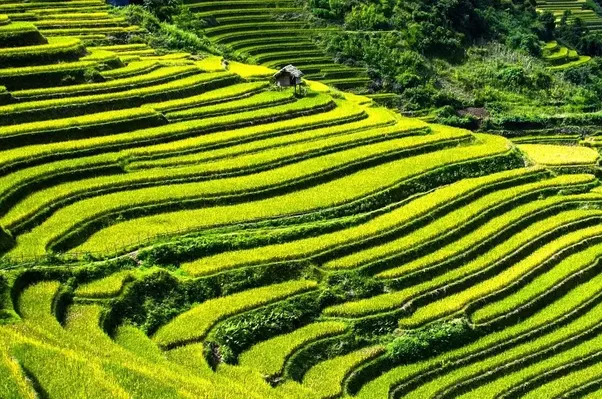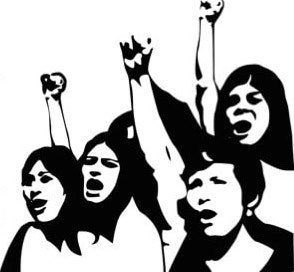
How has global and regional conflicts been a powerful force in shaping our contemporary world and identities? How is the development of political institutions influenced by economic, social, ideological, and geographic factors? How do world views lead to different perspectives and ideas about Canadian society?
- Teacher: Ms. L. Berry
- Teacher: JP Martin
- Teacher: Casual TOC

This course is full of diversity and about the power in combining knowledge: it explores BC First Peoples, Canadian law, climate change and how it affects air and water quality, and world history including the development of rapid transport, food and agriculture.
- Teacher: JP Martin
- Teacher: Casual TOC

BC First Nations Studies 12 focusses on the diversity, depth, and integrity of the cultures of British Columbia's Aboriginal peoples. In emphasizing the languages, cultures, and history of First Nations peoples, the course addresses an important part of the history of British Columbia.
- Teacher: Ms. L. Berry
- Teacher: JP Martin

Understanding legal rights
and responsibilities allows
citizens to participate more
fully in society. How can laws both maintain
the status quo and also be a force
for change? How are laws interpreted, and how may these interpretations evolve over time?
- Teacher: Ms. L. Berry
- Teacher: JP Martin

How do natural processes have an impact on the landscape and human settlement? How do interactions between human activities and the atmosphere affect local and global weather and climate?
- Teacher: Ms. L. Berry
- Teacher: JP Martin

What are nationalist movements, and how do they have the ability to both unite and cause conflict? How has the development of technology in the 20th century led to profound social, economic, and political changes?
- Teacher: Ms. L. Berry
- Teacher: JP Martin